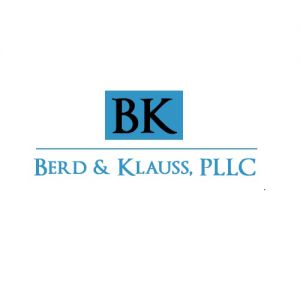Why the U.S. Department of Labor is Hiking Prevailing Wages for Temporary and PePosted by Berd & Klauss, PLLC on December 7th, 2020 The DOL’s interim final rule on increasing the prevailing wage tiers by 30% at all four wage levels has met a lot of resistance—and understandably so. After all, the mandated wage increase is expected to price out smaller businesses that depend on highly skilled guest workers. According to some corporate immigration attorneys, the new regulation will make life much harder for companies that are already struggling due to the slow economic climate brought on by the current public health crisis. Employers looking to hire foreign talent or renew their current H-1B workers may see an increase of anywhere between ,000 to ,000 in wage costs—something that is not affordable nor sustainable for many businesses that are already finding it hard to stay afloat in this pandemic. Critics are also saying that the lack of notice could make the new regulations vulnerable to challenges in the court. It is worth noting that the new DOL wage rule was made in partnership with a regulation and drafted by homeland security, which aims to limit what positions qualify for the H-1B visa category as well as the definition of employee-employer relationships. Why is the government doing this? According to a spokesperson from the Department of Labor, the current prevailing wages for H-1B workers allows employers to pay skilled guest workers a lot less than their U.S. counterparts. The department also assesses that the increase in wage levels probably won’t stop employers from hiring H-1B status workers, despite fears of bigger costs. In 2017, the US Citizenship and Immigration Services started asking for stronger evidences to support an employer’s claim that a position truly falls under the level one category. This change was made in efforts to stop employers from hiring foreign workers instead of paying skilled American counterparts a fair-market wage. As a result, many employers began to make changes by starting their baseline budgets at level two instead of level one. This claim is supported by research from the economic policy institute, which shows that 41% of applications in 2015 were for level one categories, but this number dropped to 16% in 2018. Supporters of the new regulations say that wage levels for H-1B workers have been gone too low for too long and that the new rules are a welcome change. If you have any questions about the latest regulations on this matter and how it might affect your business, talk to animmigration lawyer in Brooklyn. A corporate immigration attorney can give you legal guidance on the best way forward. About the Author: This content is written by Patrick Klauss, Esq, who is an immigration lawyer and a partner at Berd & Klauss, PLLC. The firm specializes in immigration & immigration-related issues and handles everything from immigrant visas to deportation and waivers. Like it? Share it!More by this author |


